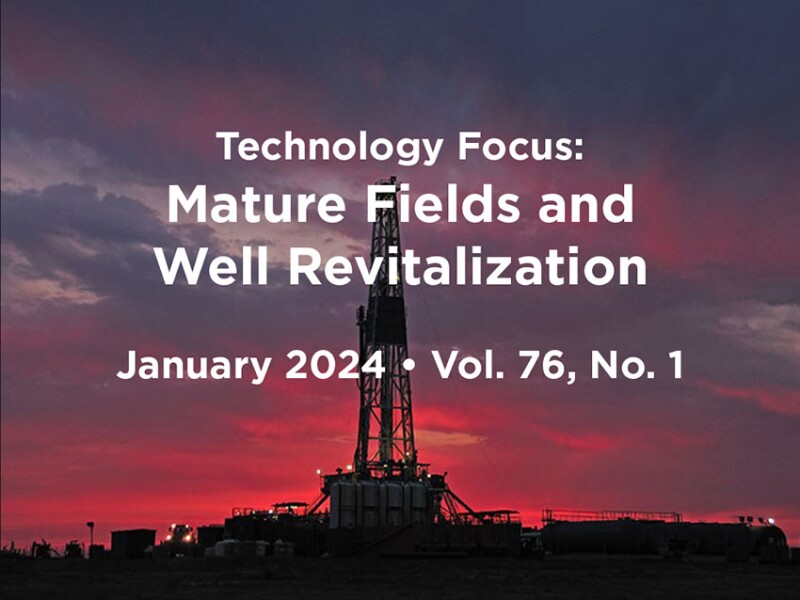In the relentless pursuit of a sustainable energy future, the often-overlooked potential of mature oil fields emerges as a beacon of hope. Once considered as being on the brink of abandonment, aging reservoirs are proving to be valuable assets as innovative hydrocarbon recovery techniques and re-envisioning of these fields for decarbonization opportunities are transforming them into reservoirs of opportunity.
The sheer scale of mature oil fields globally is staggering. Advanced technologies and techniques, championed by internal initiatives that maximize the use of available data, are breathing new life into these reservoirs. While renewable energy sources are gaining traction, the world still relies heavily on hydrocarbons for its energy needs. One of the key advantages of reusing mature oil fields is the reduction in the need for new exploration and drilling. Exploring and developing new fields can be costly both financially and environmentally. By maximizing the recovery from existing fields, the industry can significantly decrease its ecological footprint and capitalize on the infrastructure already in place.
Furthermore, the economic benefits of repurposing mature oil fields are substantial. The highlighted advancements focus on storage of various gases such as hydrogen, CO2, and natural gas, capitalizing on the knowledge gained from producing these fields for decades. Mature fields provide a bridge between the present and the future, offering a pragmatic solution to meet energy demands while mitigating environmental impact.
This Month’s Technical Papers
Natural Fractures Help Unlock Tight Carbonates in Oman
Study Investigates Hydrogen Storage in Depleted Shale Reservoirs
Approach Maximizes Marginal Field Value by Going Back to Basics
Recommended Additional Reading
SPE 214437 Fluid Modeling of Underground Hydrogen Storage in a Depleted Natural Gas Field by Markus Hays Nielsen, Whitson, et al.
IPTC 22786 Particulate Wellbore Fluid-Strengthening Methodology—Design and Application in an Offshore Vietnam Severely Depleted Sand Reservoir by Dourado Motta Marcelo, SLB, et al.
SPE 213405 Characterizing Movable and Nonmovable Zones in a Mature Carbonate Reservoir: A Novel Work Flow Using Resistivity Logs by Saud Al-Otaibi, Saudi Arabian Chevron, et al.
SPE 214410 A Comparative Study of Hydrogen/Natural Gas Storage in a Depleted Gas Field in the Netherlands Using Analytical and Numerical Modeling by S. Hamidreza Yousefi, TNO, et al.

Siddharth Jain, SPE, is field development manager at Sharjah National Oil Corporation. He holds a bachelor’s degree in petroleum engineering, an MBA degree in oil and gas management, and an executive master’s degree in energy management. Jain has worked on field development, integrated reservoir management, production enhancement, and upstream data-hub projects. He has served as the young professional chair for the SPE Northern Emirates section since 2019 and is a technical committee member in various industry forums. Jain has been awarded the SPE 2021 MENA Regional Young Member Outstanding Service Award and was recognized as a 2021 Energy Influencer by SPE’s The Way Ahead in June 2021. Most recently, he was awarded the Young Energy Professional of the Year 2022 at the Middle East Energy Awards in Dubai and serves as a Future Energy Leader as part of the World Energy Council.

